
FluentU Language Learning
Spanish
English
French
Chinese
German
Japanese
Russian
Italian
Korean
Portuguese
English for Spanish Speakers
English for Japanese Speakers
English for Russian Speakers
English for Korean Speakers
English for Portuguese Speakers
English for Chinese Speakers
English for Italian Speakers
Educator
Spanish Educator
English Educator
French Educator
FluentU Company Updates
Reviews
Company Updates
How to Learn Italian
Italian Grammar
Italian Language
Italian Learning Resources
Italian Learning Tips
Italian Vocab and Grammar
Italian Vocabulary
Reading and Writing Italian
Speaking and Listening to Italian
Italian
Company Updates
More articles
How to Learn Italian
More articles
How to Learn Italian by Yourself in 8 Steps
So you’re thinking about learning Italian by yourself. While it may not always be easy, it’ll be worth it. Self-studying…Italian Grammar
More articles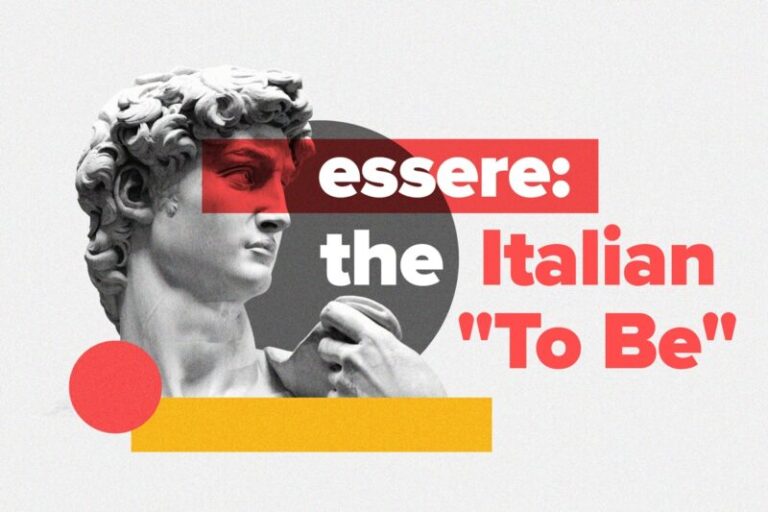
“To Be” in Italian: The Simple Guide to Conjugating Essere
Essere is an Italian verb meaning “to be” or “to exist”. Learning the conjugations of essere immediately gives you the…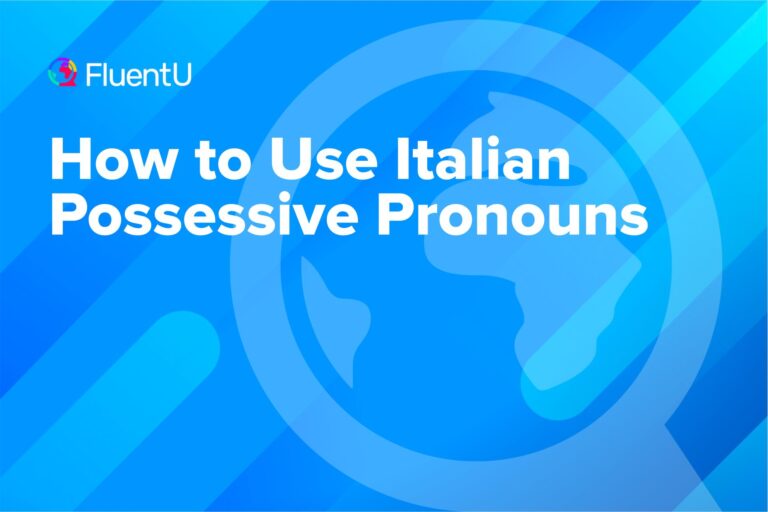
How to Use Italian Possessive Pronouns
His and hers, yours and mine—these are all examples of possessive pronouns, and there are only eight of these in…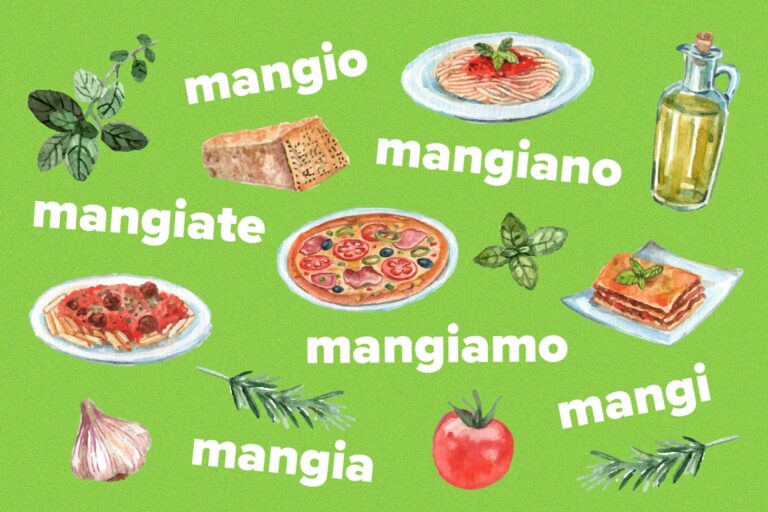
Italian Verb Conjugation: The Essential Guide
If you ask former language students where they gave up on learning Italian, or where they thought the end of…Italian Language
More articles
The Ultimate Italian Pronunciation Guide [With Audio]
If you’re learning Italian, you may have noticed that many words look similar to English. But as far as pronunciation…
“I Love You” in Italian: 80 Expressions and Quotes
or are common ways to say “I love you” in Italian. But there are many other ways to express your…
The Italian Language: History, Culture and More
Italian, a language as vibrant and captivating as the country it hails from, has its origins in the Latin spoken…Italian Learning Resources
More articles
The Ultimate Italian Pronunciation Guide [With Audio]
If you’re learning Italian, you may have noticed that many words look similar to English. But as far as pronunciation…
28 Best Disney Movies in Italian
Disney Plus has at least 1,900 movies and counting—and many of these are available in Italian. From animated favorites like…
18 Italian Romance Movies to Watch in 2025
Italian cinema has produced a lot of masterpieces that are internationally renowned—romantic movies included. From modern favorites like “Call Me…Italian Learning Tips
More articles
The Main Italian-Speaking Countries (That Aren’t Italy) in 2025
Let me guess: You’re here not just because you want to know which countries speak Italian—you want to know if…
Italian Dialects and the Languages of Italy
It’s fine if you alight in Naples and can order a pizza in flawless Italian. But to really impress your…
How to Learn Italian Fast: 14 Tips
If you’re looking for the fastest way to learn Italian, you’re in the right place. I’ll go over tips for…Italian Vocab and Grammar
More articles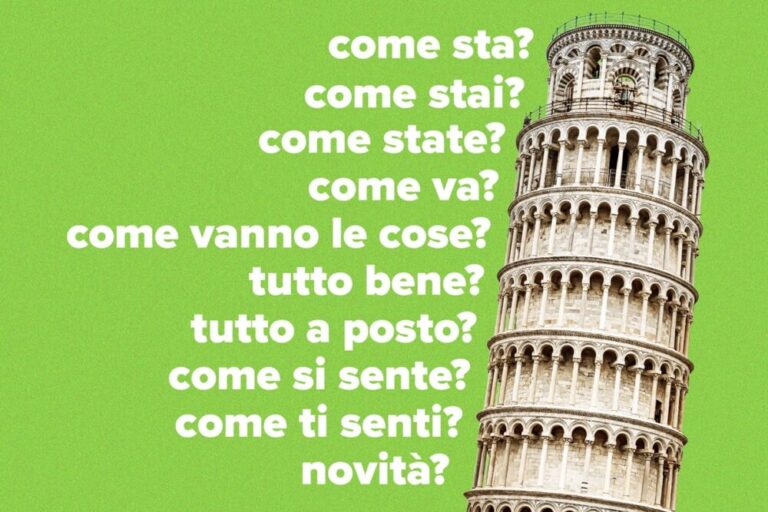
10 Ways to Say “How Are You” in Italian
After “hello,” the most common Italian phrase you’ll hear will be some variation of “how are you?” But just one…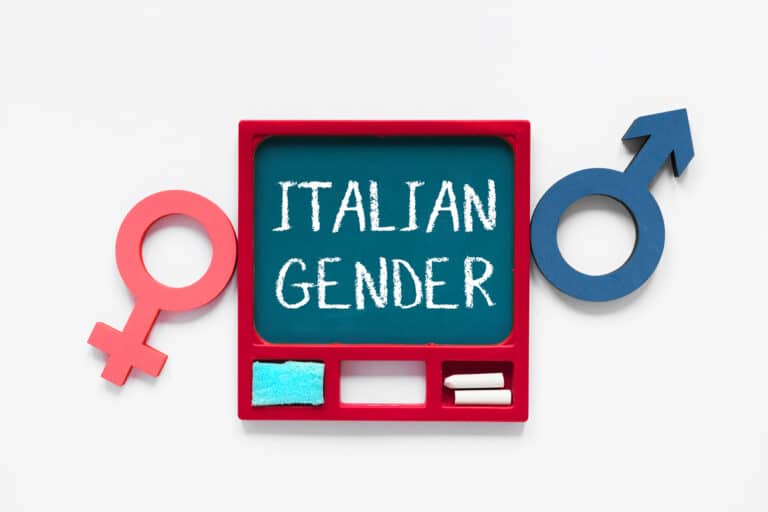
Italian Gender Explained: Rules, Agreement and More
In Italian Grammar, words can be masculine or feminine, but the reason why is not always clear to those learning…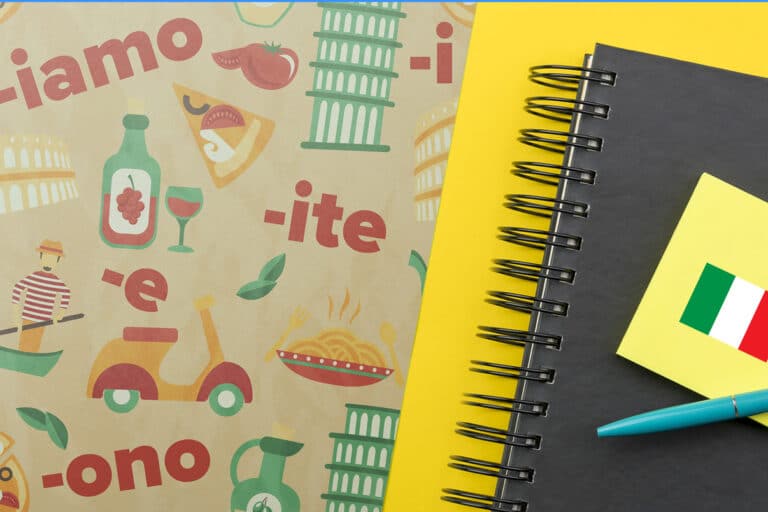
Italian Moods: The Complete Lesson
In Italian, a mood is the form of a verb that shows how it is expressed, not just when the…Italian Vocabulary
More articles
How to Say “Beautiful” in Italian
If you’re visiting Italy, you’ll have many reasons to use the word “beautiful” and its synonyms. From the landscapes and…
How to Talk About Emotions in Italian: 92 Vocabulary Words
means “emotions” in Italian. Whether you’re happy, sad, excited, angry or somewhere in between, knowing how to describe your feelings…
70 Drinks in Italian (And How to Order Them)
Italy is a country renowned for its delicious food and wine, but its drinks repertoire goes far beyond that. From…Reading and Writing Italian
More articles
30 Italian Exclamations to Be More Expressive
You’ve probably seen the gestures that are such an essential part of communicating in Italian—a flick of the wrist or…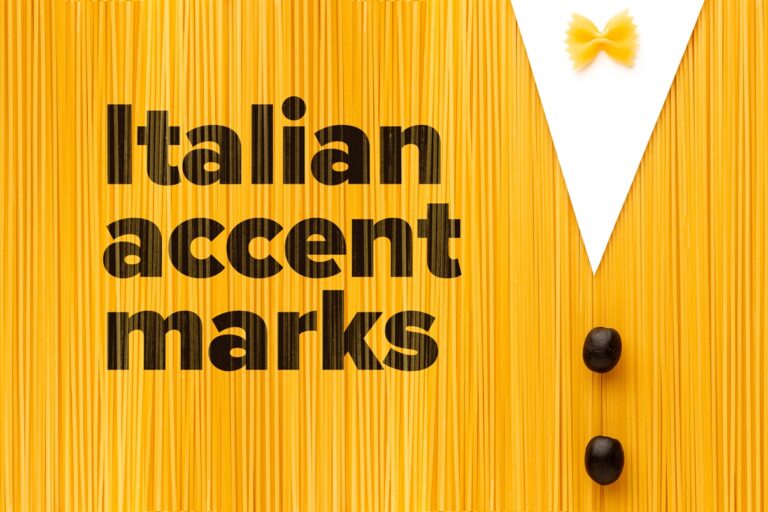
Italian Accent Marks: A Full Guide
Italian accent marks are a vital part of mastering the language, and using the wrong one in the wrong place…
13 Italian Writing Practice Ideas
I have a simple but effective rule for you to remember: To write, you have to write. Seems like common…Speaking and Listening to Italian
More articles


